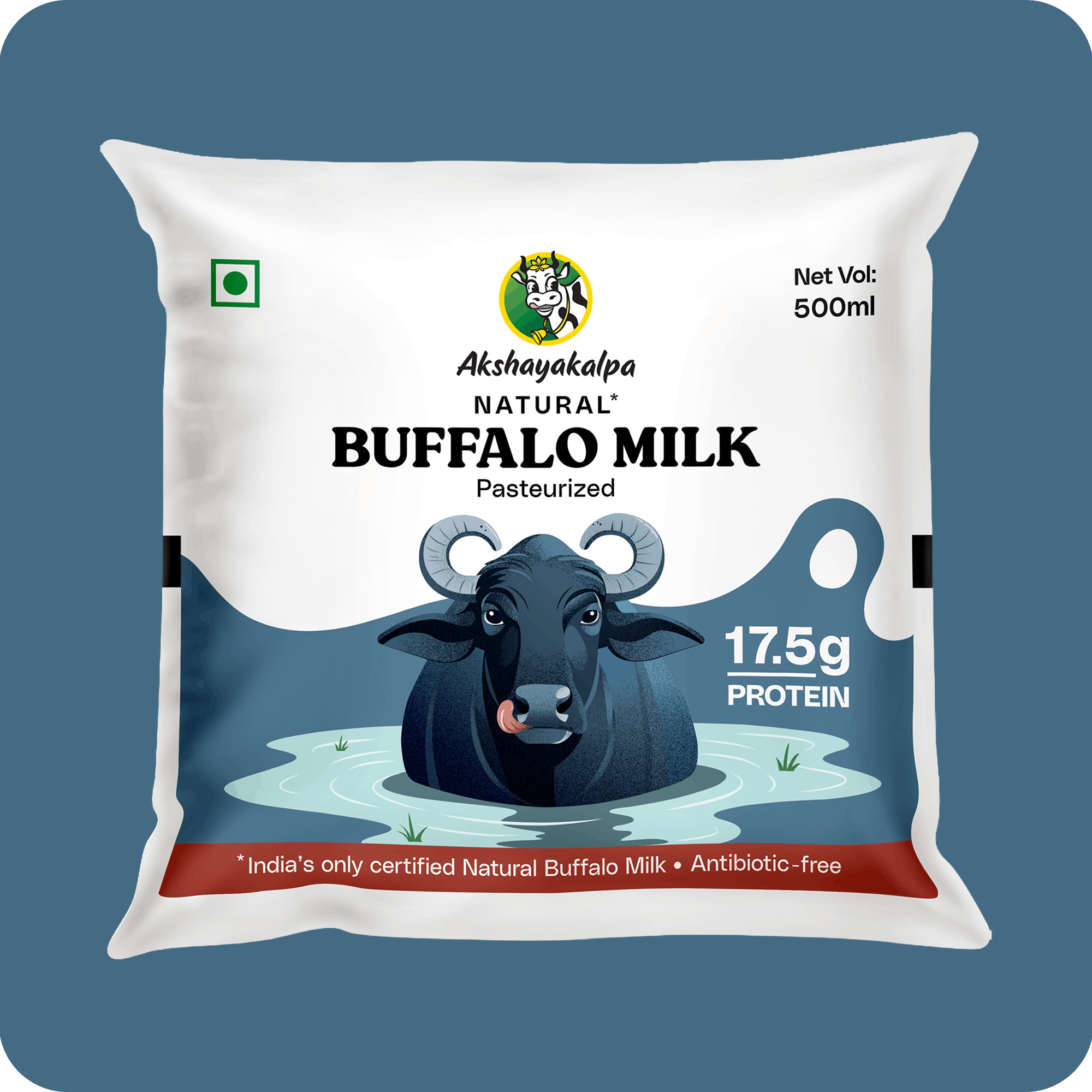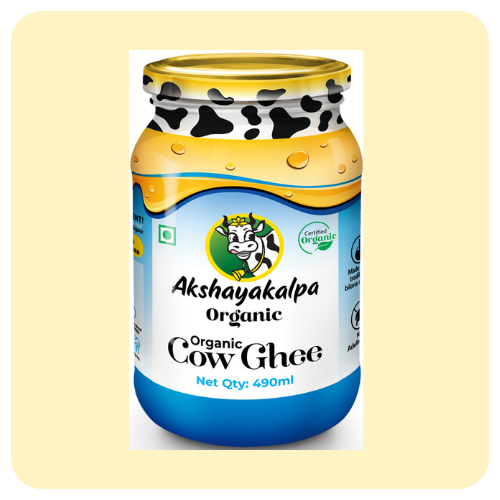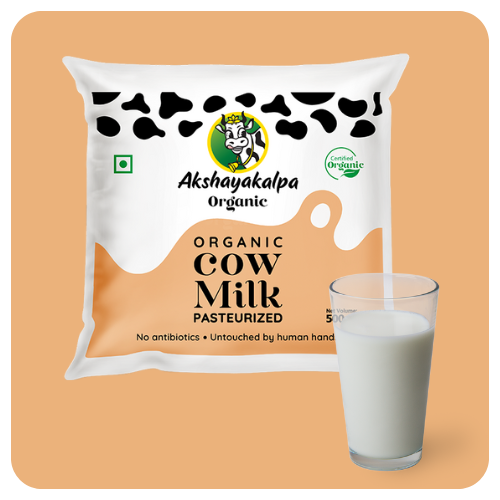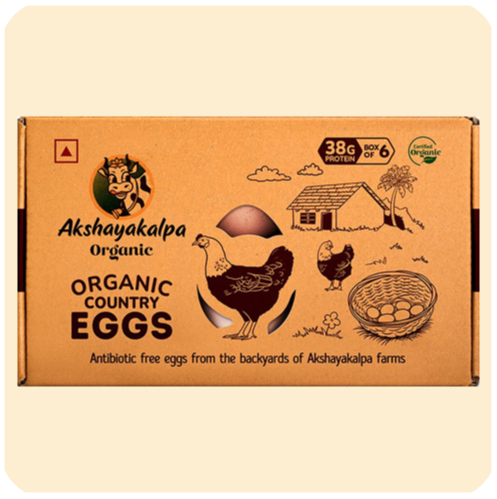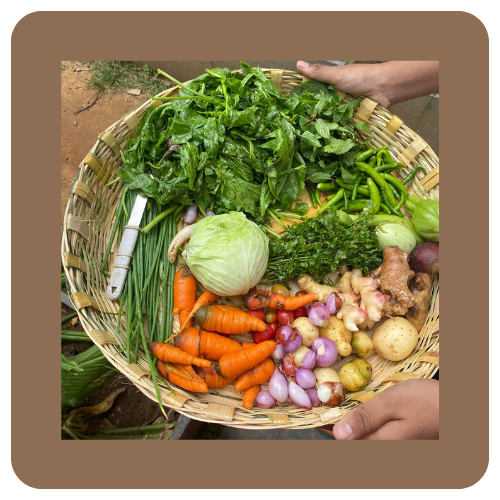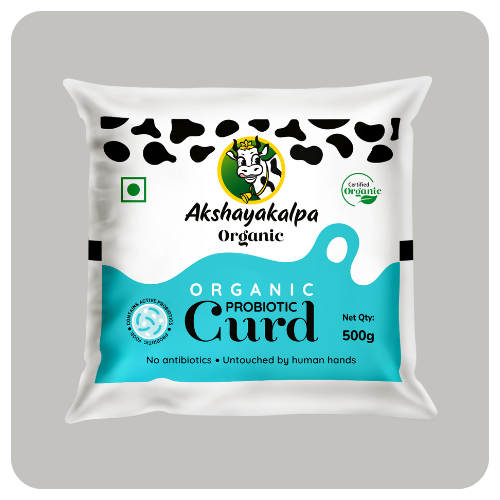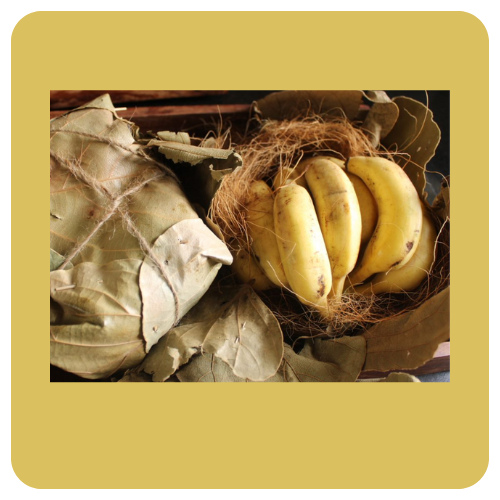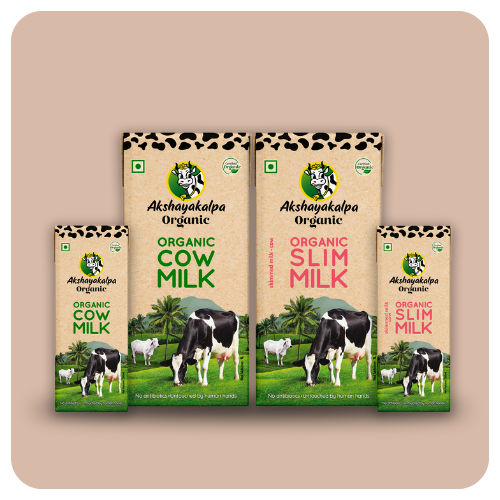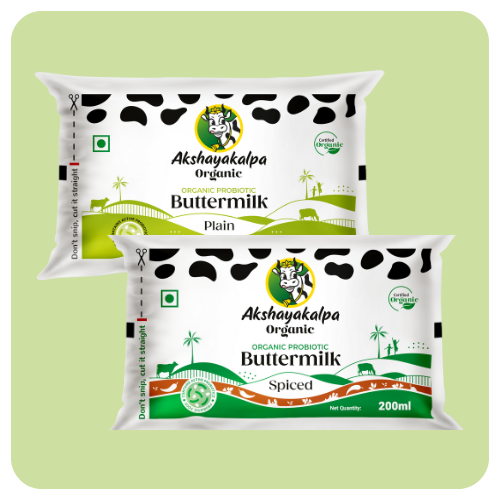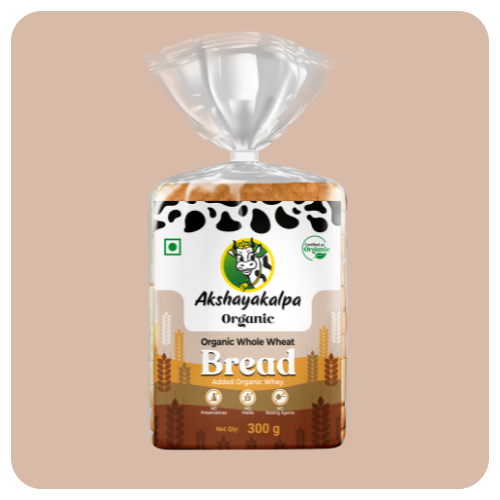Nurturing Our Soil for a Greener Future

Soil is the foundation of life. Its health is vital for the well-being of our planet. Unfortunately, modern conventional farming practices have often taken a toll on soil health, leading to erosion, degradation, and loss of valuable nutrients. The need for sustainable farming practices has become more urgent than ever to protect and nourish the soil for the benefit of future generations.
In this blog, we will explore some essential sustainable farming techniques that promote soil health, conserve resources, and contribute to a greener and more sustainable future. Akshayakalpa Organic is striving to fix the way food is grown by fixing soil.
1) Crop rotation is a time-tested sustainable farming practice that involves growing different crops in a planned sequence on the same piece of land. This technique helps prevent the depletion of specific nutrients from the soil. Different plants have varying nutrient needs, and rotating crops helps maintain a balanced nutrient profile while reducing the risk of pest and disease buildup. Legumes, for example, fix nitrogen in the soil, benefiting subsequent crops that require this essential nutrient. Akshayakalpa farmers grow a variety of fodder for the cows from ‘Super Napier’ to ‘Ragi’ in a planned manner to ensure soil fertility.
2) Cover cropping involves planting specific crops like clover, rye, or vetch during the off-season or alongside main crops. These cover crops protect the soil from erosion caused by wind and water, enhance organic matter content, and improve soil structure. When the cover crops are eventually incorporated into the soil, they add valuable organic matter and nutrients, enriching the soil for the next planting season. Lemongrass grown on Akshayakalpa farms not only adds to the biodiversity of the farms, it also provides a source of ancillary incomes to farmer families.
3) Traditional ploughing and tilling practices can disrupt the soil structure, leading to erosion and loss of topsoil. No-till or reduced tillage farming methods minimize soil disturbance by planting directly into the residue of the previous crop. This conserves soil moisture, preserves beneficial soil organisms, and reduces greenhouse gas emissions. Additionally, less tillage helps the soil sequester carbon, contributing to efforts to combat climate change.
4) Organic farming eliminates the use of synthetic fertilizers, pesticides, and genetically modified seeds and crops. Instead, it relies on natural methods to nourish and protect the soil. Compost and organic manure are used to enrich soil fertility, while natural pest control techniques like crop rotation and beneficial insects maintain a balance in the ecosystem. On Akshayakalpa farms, the cow dung is converted to slurry that is used to nourish the soil. Organic farming practices help restore and maintain the soil’s natural health and productivity, benefiting not only the farmer but also consumers and the environment.
5) Agroforestry is an innovative sustainable farming practice that integrates trees and shrubs with crops and livestock. By planting trees on farmlands, farmers create a diverse ecosystem that provides multiple benefits. Tree roots stabilize the soil, reducing erosion, and the fallen leaves contribute to organic matter, enriching the soil. Agroforestry systems also offer additional income streams for farmers through the sale of timber, fruits, or nuts. Akshayakalpa Organic farms are home to bees that help with pollination and add to the farmer’s incomes.
6) Composting is a simple yet highly effective way to recycle organic waste and create nutrient-rich humus for the soil. Kitchen scraps, agricultural residues, and animal manure can be composted together to produce a natural fertilizer. This reduces the reliance on synthetic fertilizers and prevents organic waste from ending up in landfills, thus reducing greenhouse gas emissions.
The Akshayakalpa farm in Tiptur is a closed-circuit farm – meaning all the needs of the farm are met by the farm itself.
Sustainable farming practices are not just a trend; they are essential for the long-term health of our soil and the planet. By implementing the above methods, farmers can protect and nourish the soil, ensuring its productivity for future generations. These practices not only promote soil health but also contribute to water conservation, biodiversity conservation, and climate change mitigation.
So how does Akshayakalpa play a role in this?
The practices at Akshayakalpa farms are based largely on the principles of circular economy and co-existence farming to reduce our ecological footprint. Simply put, it is the interdependent relationship between the cow-dung –the soil – the fodder –the milk –the income generated – the farmer family and the farm. We encourage localization of all resources – wherein the day-to-day requirement of the organic farm is met by the farm itself. The cow-dung produced by the cows is put through a bio-digester to produce methane gas. This gas is used by the farmers to run machinery and equipment or within the kitchen. The residue sludge is converted to the slurry, which adds to the fertility of the soil at our farms. Each of our farms is home to an assorted range of crops to increase the bio-diversity and the family’s food is grown on their very land. This not only provides an additional source of income to the farmer but the ‘waste’ from many of these crops is reused in other ways.
As consumers, we can also play a vital role by supporting farmers who embrace sustainable practices and by choosing products that are grown using environmentally friendly methods. Together, let us embark on a journey towards a more sustainable and regenerative agricultural system—one that honor’s the soil as a living, vital resource and embraces practices that safeguard its health and fertility.
